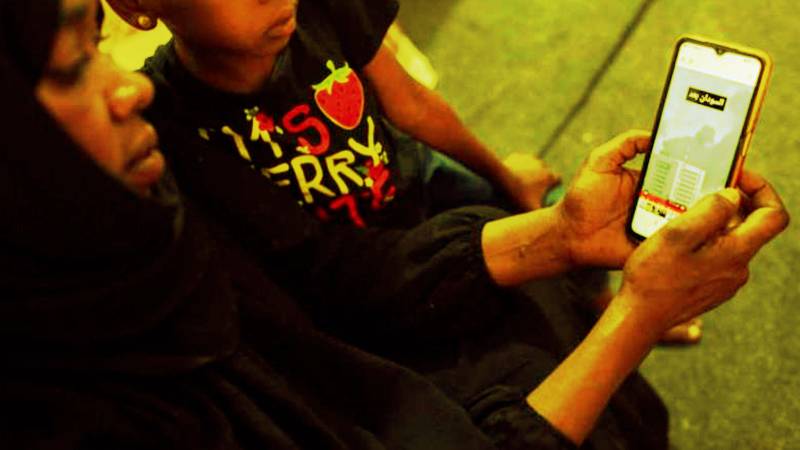
Sudan has had an internet blackout, which many attribute to the paramilitary organization fighting the army in the country's 10-month civil war.
The RSF has denied culpability.
According to NetBlocks, an internet freedom group, there has been a "new collapse of internet connectivity" in Sudan.
It comes as a Sudanese hacktivist organization has attacked Uganda for accepting RSF commander Mohamed Hamdan Dagalo.
NetBlocks said that internet providers Uganda Telecom and MTN were experiencing service disruptions; however, a BBC correspondent in Kampala reported no issues.
Some Sudanese citizens have reported being unable to access the internet since Friday, but the problem has now worsened.
State-aligned media have blamed the RSF.
According to the Sudan Tribune news website, an RSF source accused the army of sending direct instructions to cut down contact in portions of Darfur, Kordofan, Khartoum, and Gezira states, which are mostly controlled by the paramilitary force.
NetBlocks said on Wednesday that Zain, one of Sudan's main mobile providers, was "largely offline."
Zain stated in a Facebook post that it was "working under very difficult, harsh, and dangerous circumstances."
It said that the "current network outage is due to circumstances beyond its will."
NetBlocks said that two additional carriers, South African-owned MTN Sudan and state-owned Sudani, were functioning at zero on Friday.
The network failure exacerbates the difficulties faced by a war-torn country.
In response to the continued fighting, the United Nations has requested $4.1 billion (£3.25 billion) to meet the immediate humanitarian needs of individuals in Sudan and those forced to escape their homes.
According to the UN, at least nine million people have been displaced, and 25 million, or half of the total population, require aid.
"Ten months of conflict have robbed the people of Sudan of nearly everything—their safety, homes, and livelihoods," said Martin Griffiths, UN Under-Secretary-General for Humanitarian Affairs and Emergency Relief Coordinator.
He added that the situation in Sudan required a "heightened sense of urgency."
